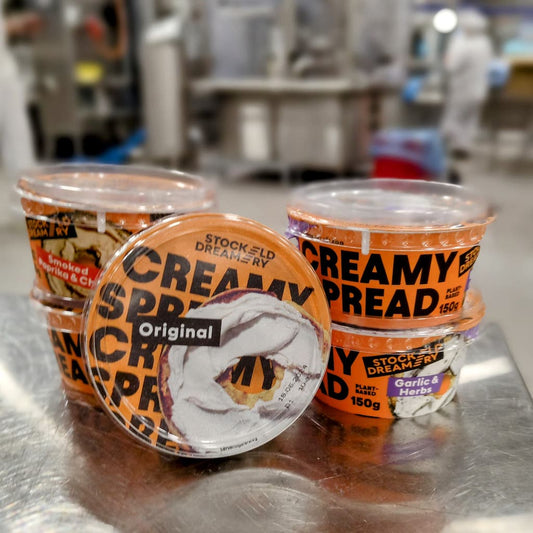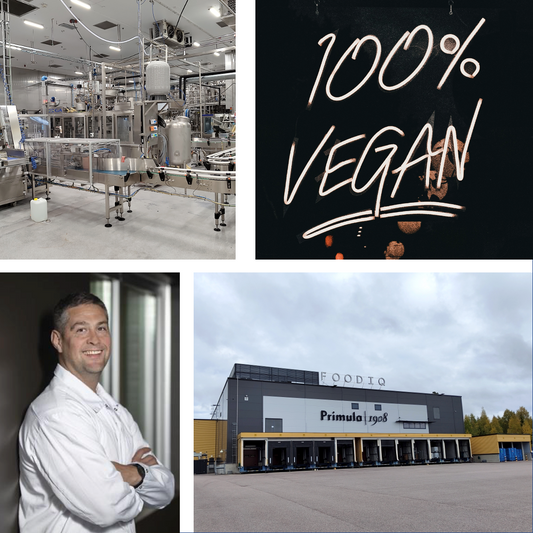The global food system is in crisis – is this a threat or an opportunity?
Climate change, the geopolitical situation, ecological challenges and food sufficiency challenge the food industry perhaps more than ever before. The world around us is changing, and the food business must respond to the changes.
The underlying reason for the world food crisis is overconsumption, which has been going on for a long time. The energy resources we use are not enough to produce the necessary quantities of food. Geopolitical and regional conflicts increase uncertainty, and neither sudden changes in the climate nor the challenges of strong producer countries have made the situation any easier.
Fewer than 12 countries account for 80% of wheat, maize, coarse grain, rice and soybean exports.
For an individual consumer, the situation can be seen as an increased price of food – perhaps even a shortage. At the national level, we are looking for ways to increase self-sufficiency.
From global to local food production
Foodiq has created a fast, affordable and flexible way to produce food in a way that meets the needs of the world and consumers. It all boils down to local production, labour and raw materials. In terms of production capacity, change is considered to be slow, because traditional factory investments are financially significant, and the process from a plan to a production-capable unit takes time. Right now we need rapid changes.
From global to local food production
Foodiq has created a fast, affordable and flexible way to produce food in a way that meets the needs of the world and consumers. It all boils down to local production, labour and raw materials. In terms of production capacity, change is considered to be slow, because traditional factory investments are financially significant, and the process from a plan to a production-capable unit takes time. Right now we need rapid changes.


50% increase in food demand by 2050.
Foodiq responds to the challenges of the food industry with a unique and replicable factory concept:
* Investments for up to 80% lower cost.
* Production units that can be started quickly, in 1 year.
* Product quality is ensured by our own production model.
* Production optimised for producing plant-based products.
* Several different types of products can be produced on the line during the same day.
*Hundreds of ready-made recipes to benefit from, using different raw materials.
With the agile and scalable factory concept, production is brought close to consumers. It means a better opportunity to use local raw materials and provide work for the residents of the region. All this increases self-sufficiency and reduces the need for energy-consuming transport, for example. The whole is also good for the environment.
* Investments for up to 80% lower cost.
* Production units that can be started quickly, in 1 year.
* Product quality is ensured by our own production model.
* Production optimised for producing plant-based products.
* Several different types of products can be produced on the line during the same day.
*Hundreds of ready-made recipes to benefit from, using different raw materials.
With the agile and scalable factory concept, production is brought close to consumers. It means a better opportunity to use local raw materials and provide work for the residents of the region. All this increases self-sufficiency and reduces the need for energy-consuming transport, for example. The whole is also good for the environment.
Instead of spending 3 years and €50m, we can set up a production line in less than a year for minimum capex compared to old model.
Answer to the title of the article: We think that the global food system crisis is both a dangerous threat and an opportunity to change operations in a more sustainable direction.
Read more about Foodiq’s From Global to Local concept, which underpins food security on a global, societal and individual level.
Read more about Foodiq’s From Global to Local concept, which underpins food security on a global, societal and individual level.





